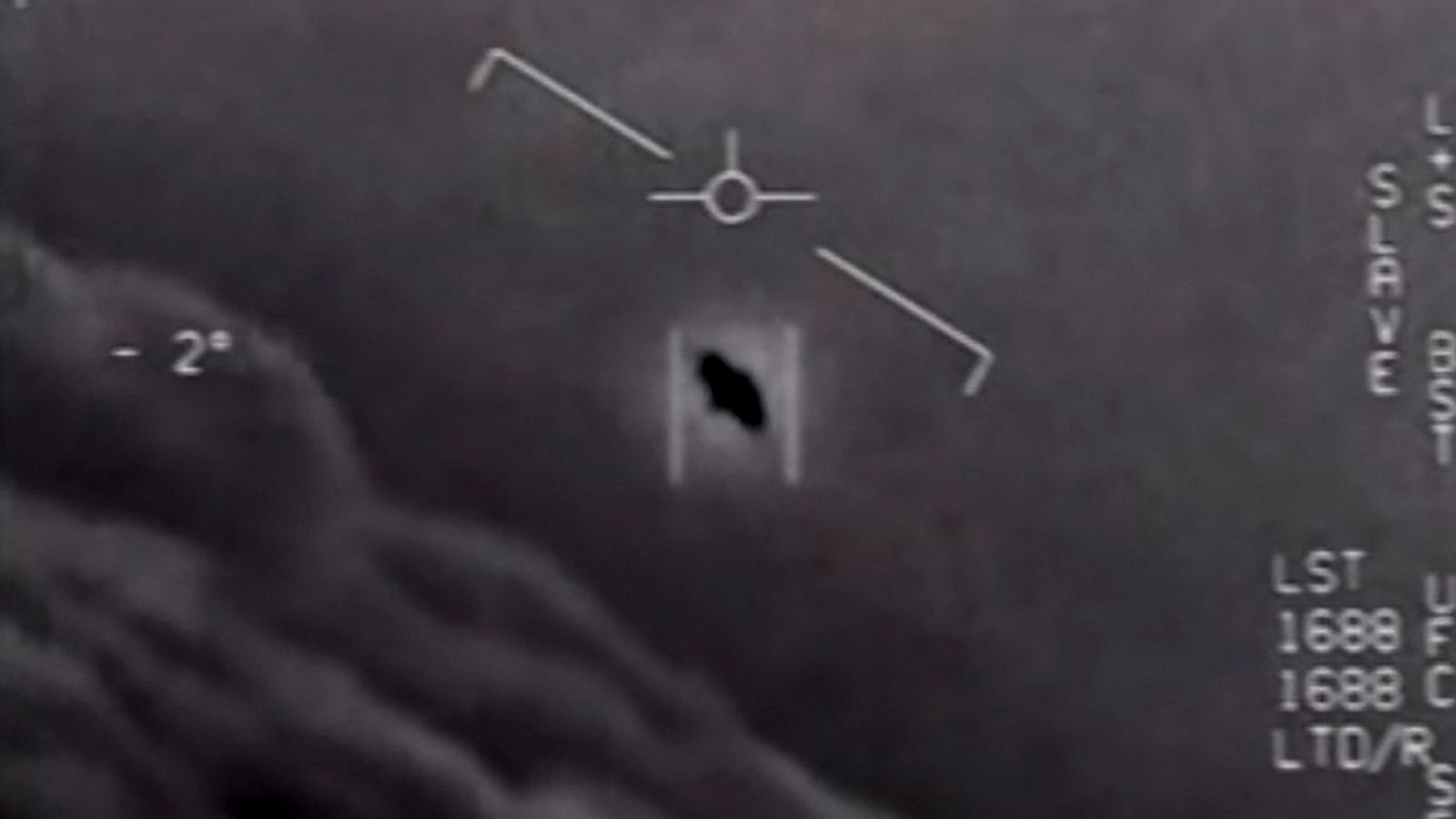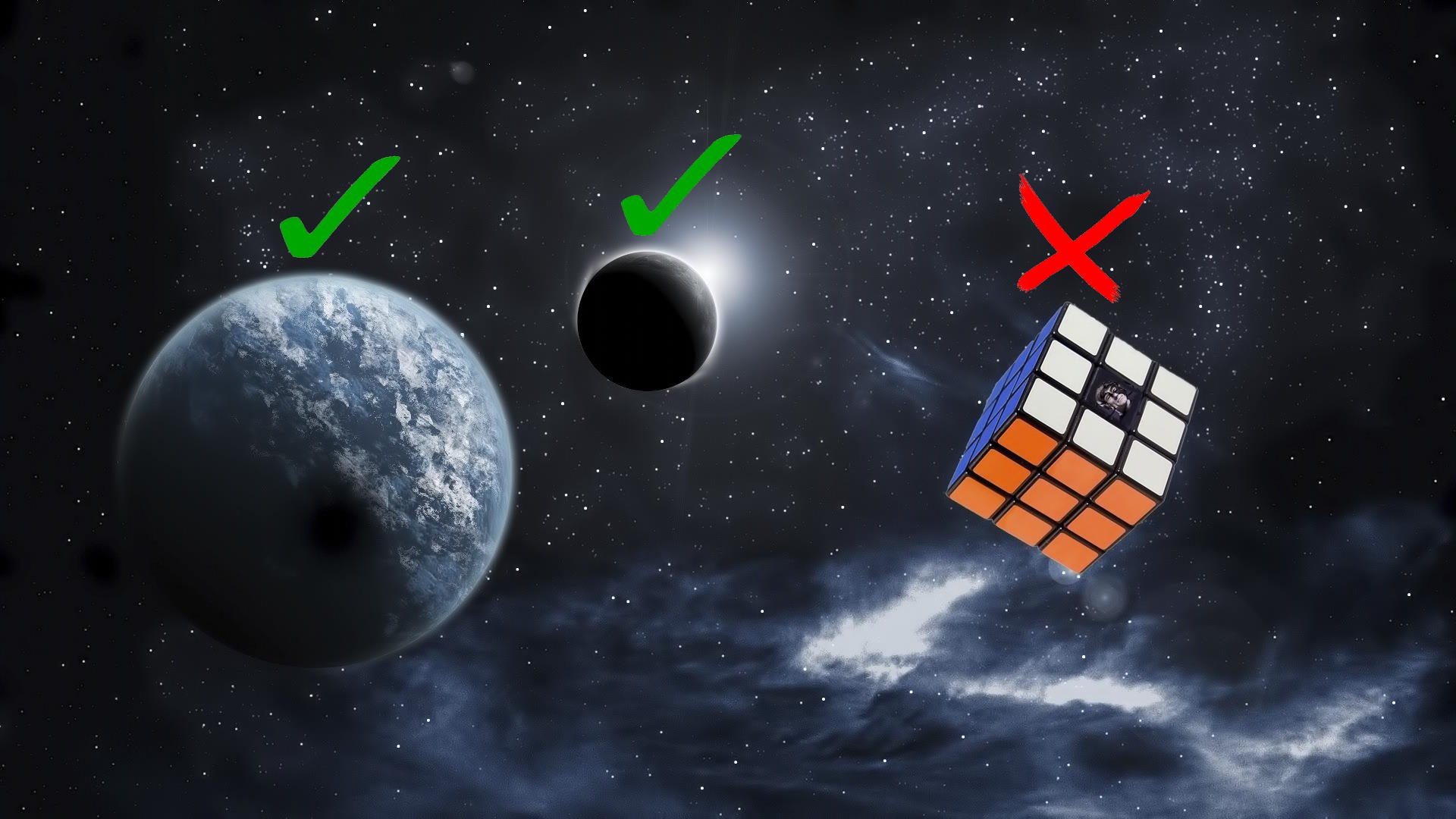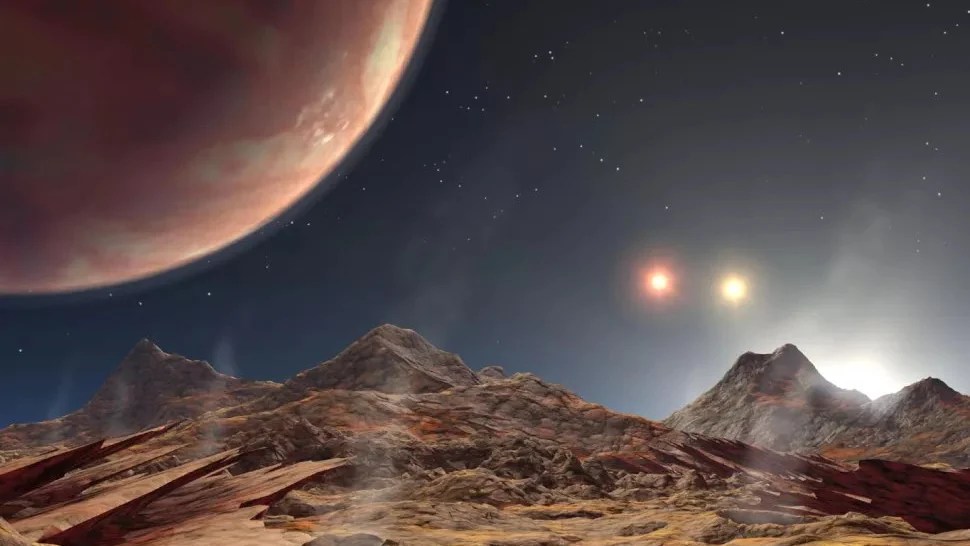Heidi Hammel says astronomers should be well-rounded especially in math, but no one looks for straight A’s.
Topic: How to Become an Astronomer
Heidi Hammel: I remember when I did this big, visible program in Baltimore called “The Shoemaker-Levy 9 Comet Crash Into Jupiter.” It was a big deal. I was on the nightly news every night for a week. And my local high school in Pennsylvania sent a TV crew down to Baltimore to interview me, and they asked me what was the most important class you took in high school to prepare you to become a world famous scientist? And my answer was Chorus. I had a great Chorus teacher, Sue Shayu [ph?], who was a former Rockette, and she demanded professionalism of her students. And there we were in the chorus, just high school kids, but she made us warm up every time. She told us how to stand, how to hold ourselves, you know, wear lipstick, girls, because the lights will wash you out. She just gave us tips, and she expected us to be professionals. No amateur night in Dixie. And I took that lesson forward with me into whatever I was doing. Whatever I was going into, whether it was going to be chorus or history or astronomy or whatever, do it right. Be a professional. Don’t just do a half baked job. Do everything correctly. Get down. Learn the details of what you’re going to do. That was by far the most important course for me, Chorus. It also taught me communication skills, and for scientists nowadays, communication skills, whether they are writing skills or oral speaking skills, are incredibly important. So when kids as me what classes do I need to take, I say, “Well, look. You got to take math, because you got to learn the language. And you also have to take communication classes, whether it’s an English class or your music classes, band classes to teach you how to cooperate in groups.” You don’t focus on physics. You make sure you broaden yourself and have a good solid background in many different things. That’s what you need to be a good scientist. The science teachers don’t like it when I say that. They think you take chemistry, biology. I’m like, yeah, you do need to do those things, but that can come later. Your foundation has to be in basic communication and the basic language skills, and I include math as one of the language skills.
Question: What should budding astronomers study?
Heidi Hammel: Astronomy and astrophysics is a very interesting field, because you can come out at it from many different angles. When I was in college, I didn’t like physics a lot, and I really wasn’t very good at physics. And there were a lot of people around me who were really good at physics, I mean, scary good at physics. And they weren’t much help to me, because I would say, “How do you do this?” They’d say, “Well, the answer’s obvious.” And I would sit there going, “Hmm, hmm, not to me.” So I chose not to major in physics. A lot of astronomers and astrophysicists, has the word “physics” right in there, do major in physics. I chose, instead, to major in earth and planetary science. And so my background was in courses like geology, geophysics, atmospheric chemistry. But, again, a lot of math courses and basic physics courses, things like Newtonian physics, all the way through quantum physics. I did take those courses. I wasn’t good at them, but I passed them. I learned them enough to pass. A C is a passing grade is what I learned in college, and something that I tell young people nowadays a lot. C is a passing grade. You don’t need straight A’s to be a scientist, despite what you may have heard.





